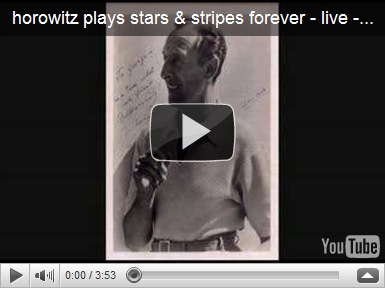I first read A Canticle for Leibowitz during the summer of 1969, as a lad of about 14.
That summer I had moved from reading mostly juvenile sci-fi books and stories (Heinlein & Asimov) to more adult fare. First devouring Pat Frank’s Alas, Babylon, then Heinlein’s Stranger in A Strange Land, I moved on to Walter M. Miller’s Hugo Award winning novel.
While I’d like to say I was sophisticated enough to fully appreciate the depth of Miller’s work, the truth is a lot of it was probably lost on me the first time I read it.
I returned to it again in my senior year of High School, and again in my mid-30s. Each time, finding more to savor.
At first glance, it may seem another post-apocalyptic tale.
The world has been consumed in a great nuclear `Flame Deluge’, and the remnants of humanity are reduced to `simpletons’ who eschew technology and science. Illiteracy is commonplace, and nearly all of mankind’s books have been destroyed.
But this is a book of ideas.
Set over a period of 1500 years and divided into three parts (set roughly 600 years apart), A Canticle tells of the clandestine preservation of knowledge by an order of monks cloistered in the American Southwest, the slow rise of technology, and the nearly inevitable repeating of history.
While nothing really compares with reading the book, a 15-part abridged radio dramatization - produced for NPR and broadcast in 1981 by WHA radio (Madison, Wisconsin) and other public radio stations – does the story justice.
The half hour series ran on Sunday nights from October 1981 to January 1982, was repeated several times in the 1980s, and then shelved until 2001, when it was rebroadcast by NPR stations around the country.
The 7-1/2 hour program was adapted for radio by John Reed, and directed by Karl Schmidt. The cast included Carol Collins, Fred Coffin, Russell Horton, Bart Hayman, and Herb Hartig.
You’ll find the radio production available on The Internet Archive. You can either listen to individual episodes using their audio player, download individual episodes to listen to on your own computer or MP3 player, or download the entire series in a single Zip file.
If you’ve never read the book, this series may well inspire you to do so, as there is far more to the story than this series can provide.
Nonetheless, this production is both satisfying and well worth savoring.
Enjoy.










